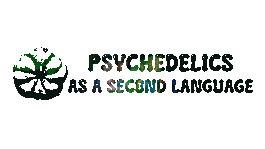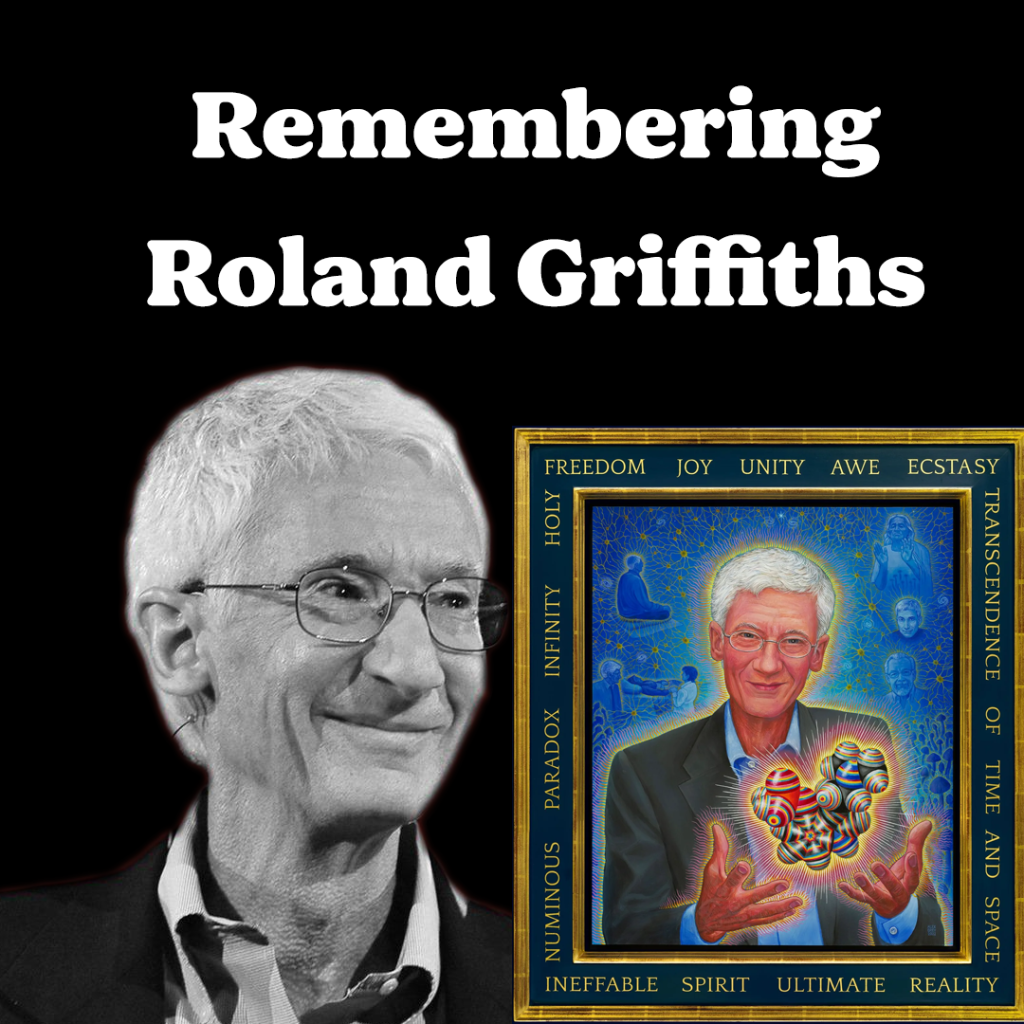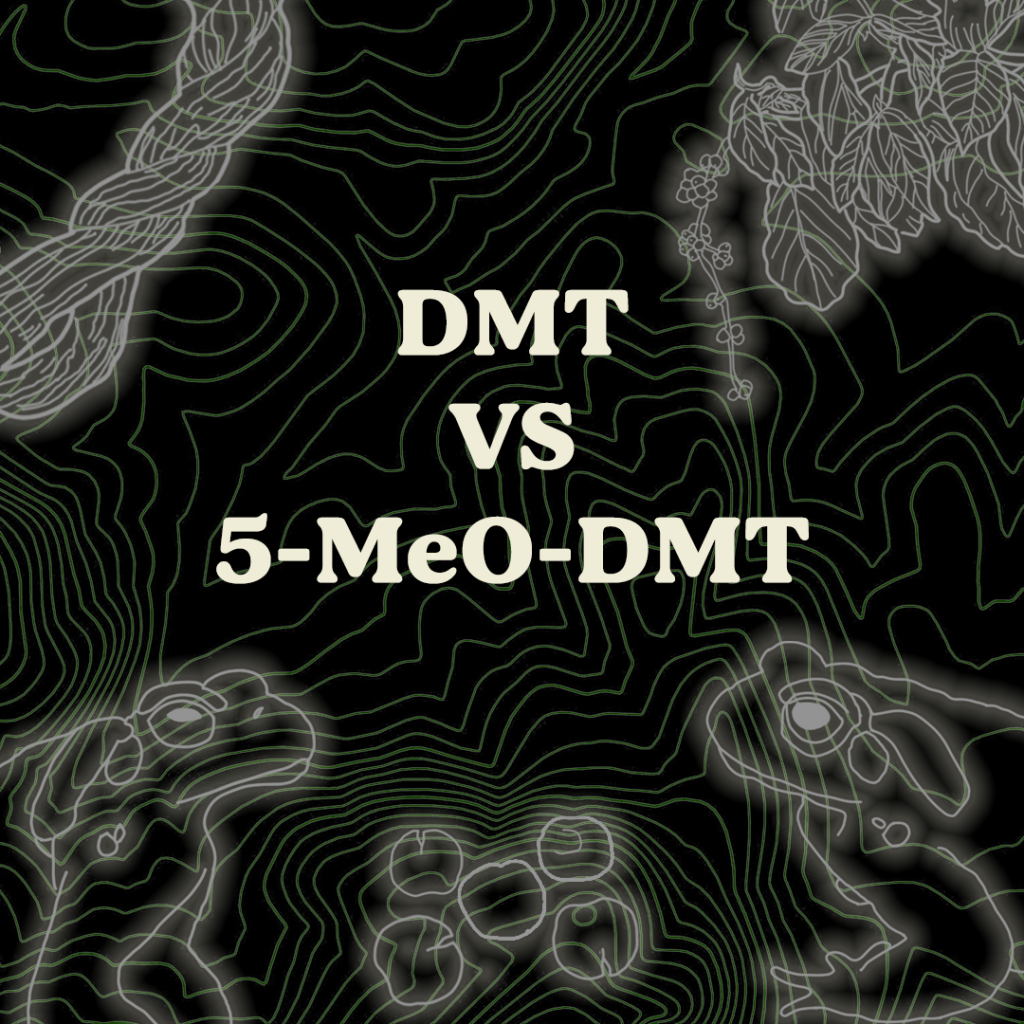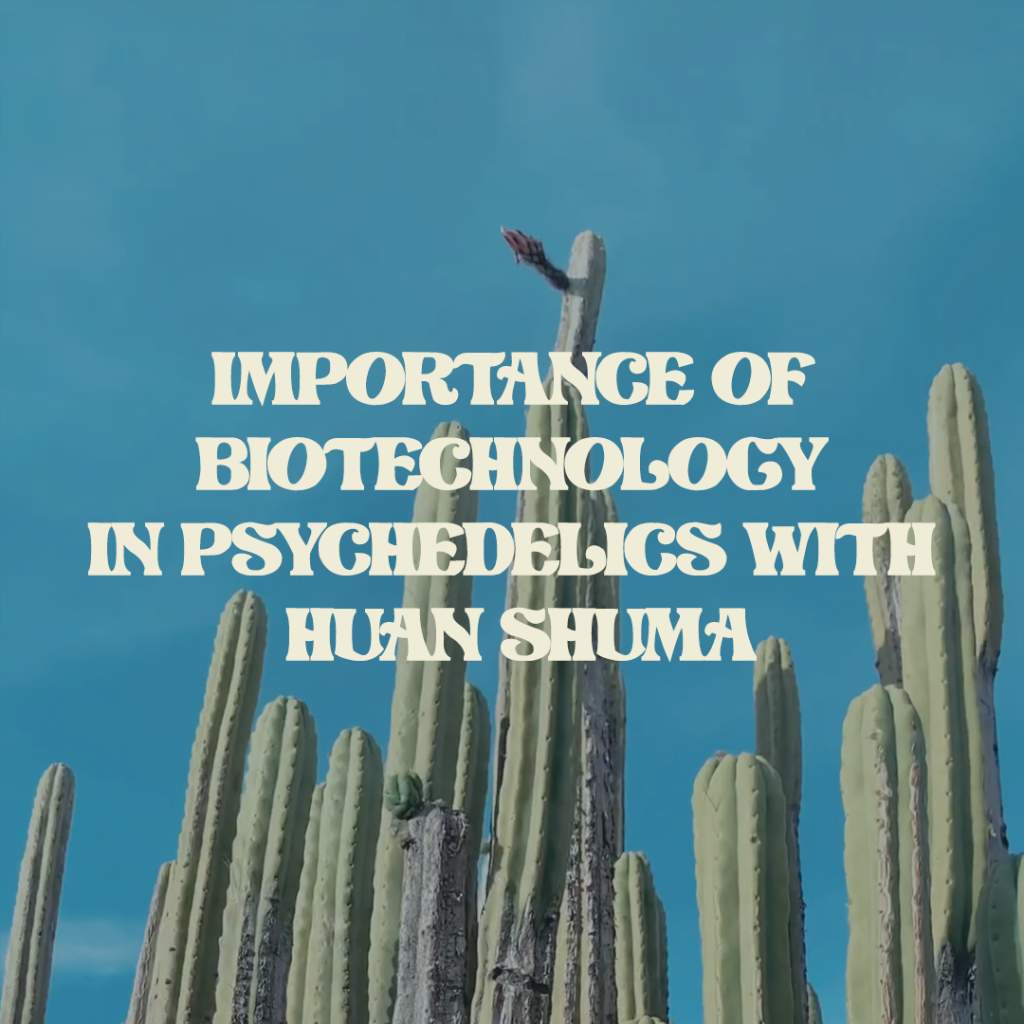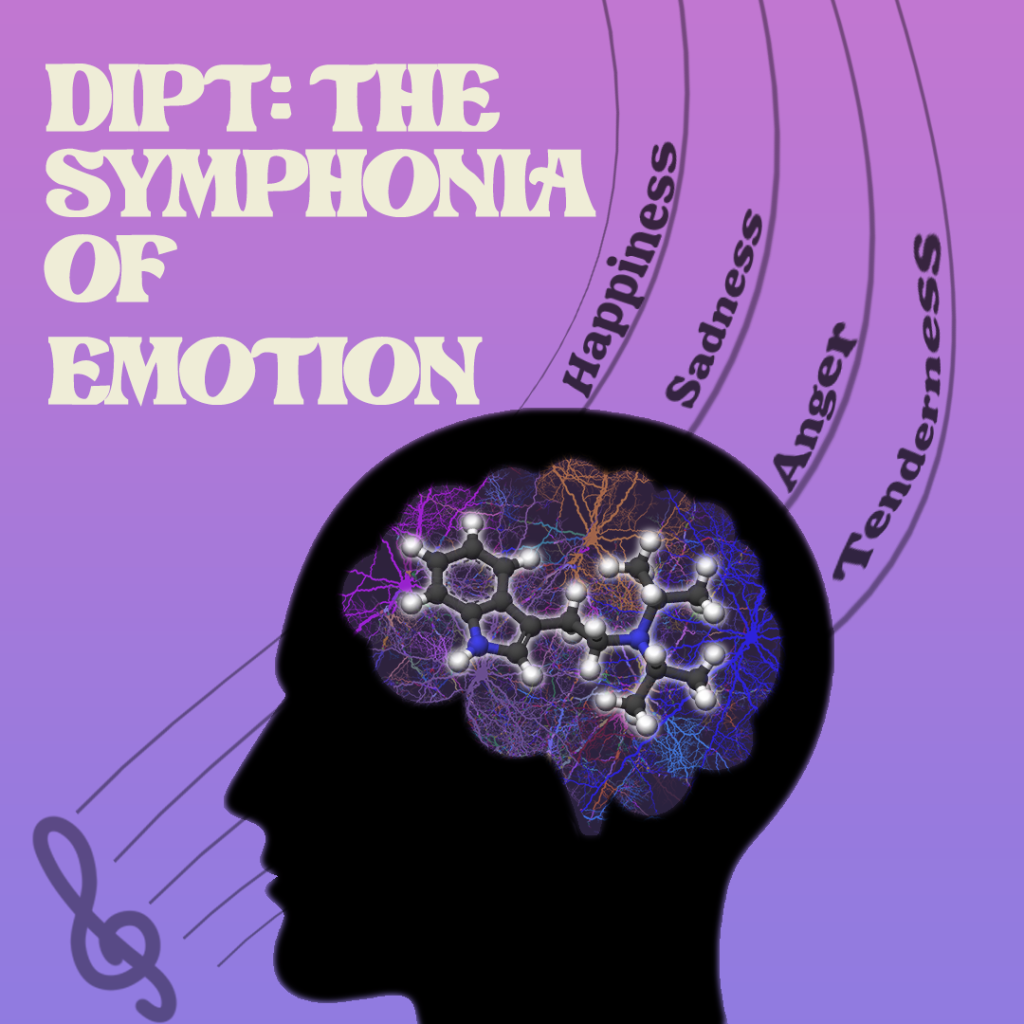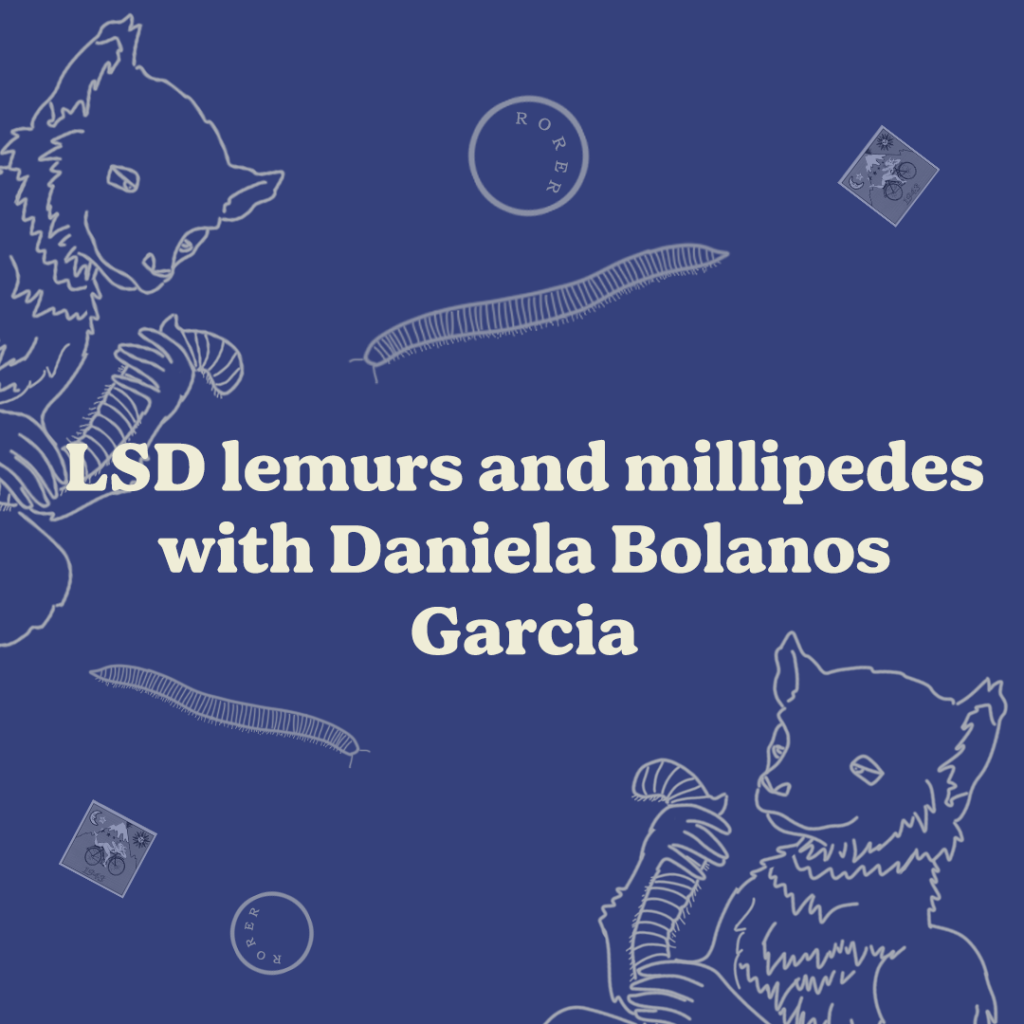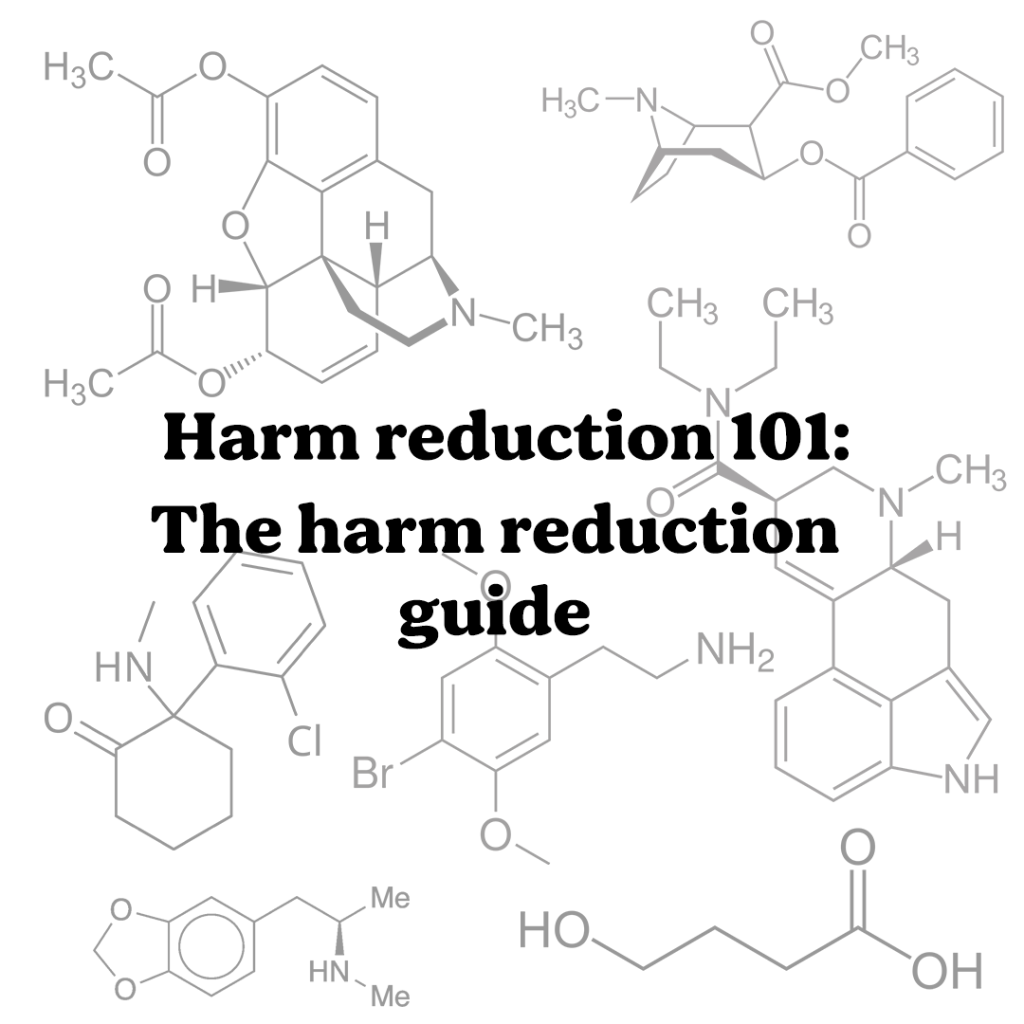Biotechnology has been a recurrent theme in the research of psychedelics. However, we don’t hear much about its importance. To find out the impacts of Biotechnology not only in psychedelics but in the world, we spoke or Arthur Dempsey (chavin_herbalists), covering themes such as propagation of species, genetic banks of species, improvement of genetics, how he became the first seed producer of Argyreia in Brazil, the creation of his Rare plant and Trichocereus Seed Bank, how can we save the Amazon Rainforest and ancient teachings by the Brazilian indigenous communities.
A Biotecnologia tem sido um tema recorrente na pesquisa dos psicodélicos. No entanto, não ouvimos muito sobre a sua importância. Para descobrir os impactos da Biotecnologia não apenas nos psicodélicos, mas no mundo, conversamos com Arthur Dempsey (chavin_herbalists), abordando temas como a propagação de espécies, bancos genéticos de espécies, melhoria genética, como ele se tornou o primeiro produtor de sementes de Argyreia no Brasil, a criação do seu Banco de Sementes de Plantas Raras e Trichocereus, como podemos salvar a Floresta Amazônica e os ensinamentos ancestrais das comunidades indígenas brasileiras.
